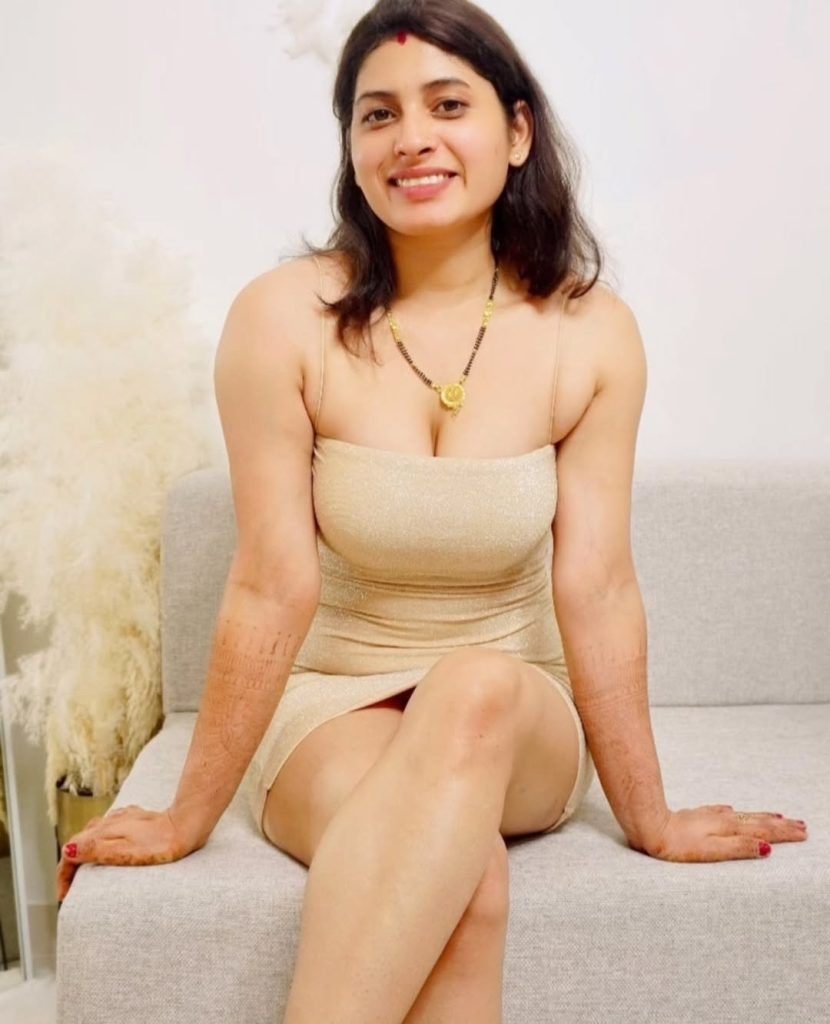


The aroma of jasmine and burnt sugar from the corner tea stall often clung to Zara’s small apartment, a bittersweet blend that was as much a part of Lahore as the hidden courtyards behind grand, weathered havelis. For most of the city, the evening brought families together, the call to prayer echoing from ancient minarets. For Zara, it brought the prospect of another client, another performance, another piece of herself carefully compartmentalized and sold.
Tonight, however, felt different. It always did when Ahmed called.
Ahmed wasn’t like the others. He’d found her number through the usual channels, a hushed recommendation, a coded message on a discreet forum. His first few visits were standard – the polite inquiries, the negotiated time, the practiced intimacy that left her feeling both empty and strangely efficient. But then, it shifted.
He started asking about her. Not in the crude, possessive way of some, but with a quiet, almost scholarly curiosity. He’d notice the tattered copy of Faiz Ahmed Faiz on her nightstand, or the small, intricate embroidery she worked on during her quiet afternoons. He spoke of Lahore’s history, of the Sufi saints and the Mughal emperors, of the bustling bazaars where he sourced antique books for his collection.
“You know,” he’d said one evening, sipping the lukewarm tea she offered, “this city, it’s a paradox. So much beauty, so much devotion, and yet, so many secrets tucked away in its heart.” He looked at her then, his eyes kind, discerning. “Like certain people.”
Zara had merely smiled, a practiced curve of her lips that revealed nothing. But inside, something stirred. It was a familiar feeling of being seen, not just observed, but perceived. A dangerous thing in her line of work.
Their “appointments” began to morph. Sometimes, he would arrive, pay the agreed sum, and then simply talk. He’d tell her about his day, about a particularly rare manuscript he’d found, about the challenges of raising a teenage daughter who preferred pop music to classical ghazals. Zara would listen, offering small, thoughtful interjections, her own stories edited, sanitized, made palatable for the life she pretended to live.
He never pressed her for details she didn’t offer. He didn’t pry into her past, or the circumstances that led her to this corner of Lahore’s shadowy economy. He simply respected the unspoken boundaries, even as he quietly dismantled others. He brought her small gifts – not expensive jewelry, but a rare blend of chai, a small, intricate sandalwood carving, a new edition of a poet he knew she admired.
“A friend brought this back from Multan,” he’d said once, handing her a finely woven scarf. “Thought you might like it.” The word ‘friend’ hung in the air, a delicate, almost tangible thing between them. It was a lie, of course, a polite fiction, but one that felt strangely comforting.
Zara found herself looking forward to his calls, to the evenings when his car would pull up silently outside, the soft knock on her door. With Ahmed, the veil she wore felt a little lighter, the performance a little less draining. She could be quiet, she could be thoughtful, she could even be subtly witty. He saw the woman beneath the carefully applied kohl and the practiced smile, the woman who loved old poetry and the scent of rain on dry earth.
It was a Call Girl Friend Relationship For Lahore built on an inverted foundation: respect born from transaction, intimacy from professional distance. In the city of Lahore, where honor and reputation were currency, their bond existed in a liminal space, a silent understanding that defied societal norms. He didn’t save her, he didn’t offer to whisk her away. And she didn’t ask.
What they offered each other was perhaps more profound: a pocket of genuine human connection in a world that often demanded superficiality. For Ahmed, it was an escape from the polite, stifling expectations of his own life. For Zara, it was the rare, precious taste of being valued for her mind, her presence, rather than just her body.
One night, as the Muezzin’s call drifted through her open window, signaling the last prayer of the day, Ahmed rose to leave. He paused at the door, turning back to her. “Zara,” he said, his voice soft, “I hope you know… I value our discussions. Our time.”
She met his gaze, no practiced smile this time, just a quiet acknowledgment. “As do I, Ahmed.” She picked up the book on her table, a collection of stories about hidden gardens and secret loves. The jasmine outside her window seemed to bloom a little brighter, infusing the air with that familiar, bittersweet scent. In the labyrinthine alleys of Lahore, beneath the watchful eyes of a bustling, conservative city, their unique, fragile friendship was a secret garden, tended by two unlikely souls. And for now, that was enough.


